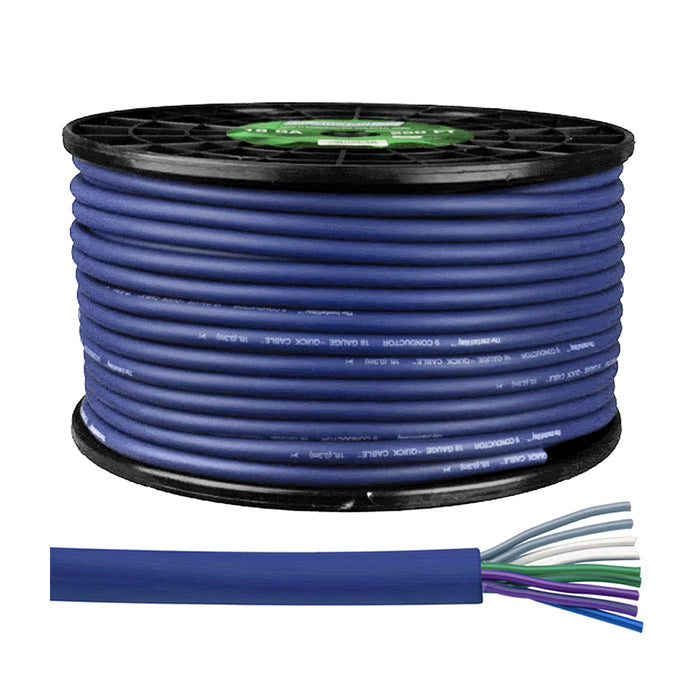What is Proposition 65?
California’s Proposition 65 protects California consumers by requiring special warnings for products that contain chemicals known to the State of California to cause cancer, birth defects or other reproductive harm where those products would expose consumers to such chemicals above certain threshold levels.
If a product description on this site directed you to this page, the warning for this item is:
Who is this message intended for?
Customers with a California billing or ship to address.
Why are you seeing the message now?
California implemented new guidelines for Proposition 65 warnings, effective August 30, 2018. These guidelines were applied to make the warnings more clear and reasonable.
Where can you get more information about Proposition 65?
Learn more from the California Office of Environmental Health Hazard Assessment (OEHHA) site here.


